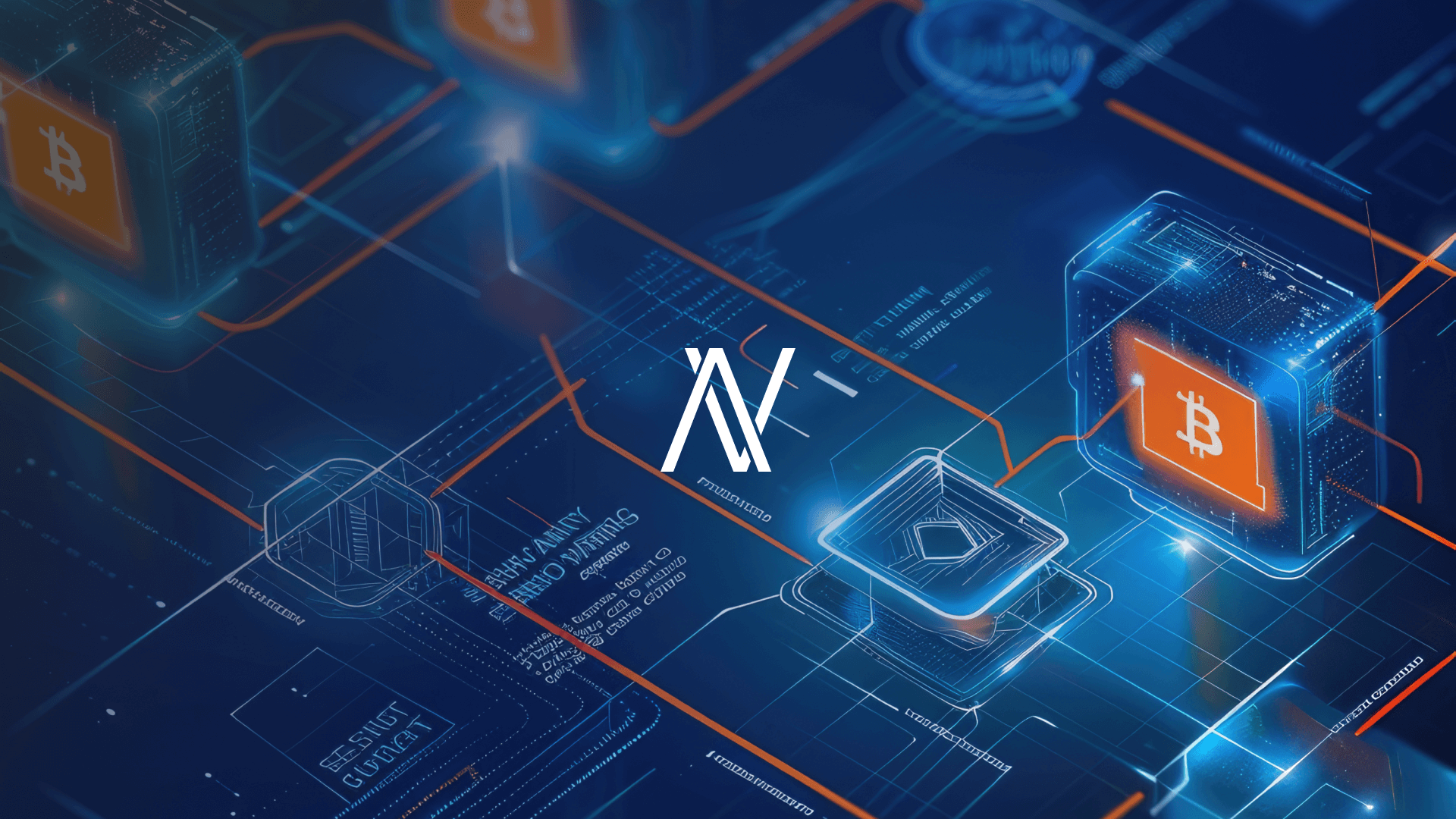
Coordination Without Command: Alessio Vinassa on the Real Value of Decentralized Systems
In a world where hierarchies have long been the default mode of organization — from governments to corporations — the idea of effective collaboration without a central authority may sound unrealistic. Yet, this is exactly what decentralized systems offer: coordination without command, and it’s a concept that is quietly transforming how we think about leadership, entrepreneurship, and innovation.
For many modern entrepreneurs, especially those operating on an international scale, the traditional top-down model feels outdated. It can be slow, rigid, and unfit for the agile, borderless world of digital enterprise. Enter decentralized coordination — a model that aligns incentives, distributes trust, and empowers contributors without requiring a single point of control.
The Entrepreneurial Shift Toward Decentralized Thinking
The rise of Web3 is not just a technological movement — it’s a philosophical and operational shift. For today’s entrepreneurs, especially those focused on business growth through community engagement and open innovation, decentralization presents a powerful alternative to legacy systems.
Alessio Vinassa, a leading voice in the space and a seasoned international entrepreneur, captures this shift best:
“The future of development will be peer-driven, not authority-imposed. Entrepreneurs who understand this will outpace those stuck in command-and-control models.”
Vinassa’s work consistently emphasizes the power of decentralized coordination in driving sustainable innovation, especially when growing ecosystems across markets and cultures.
How Decentralized Systems Enable Coordination Without Control
Instead of relying on directives from the top, decentralized systems harness protocols, smart contracts, and token-based incentives to enable self-regulating behavior.
Here’s how it works in practice:
- Autonomous yet aligned: Contributors operate independently but toward a shared goal — governed by transparent rules embedded in code.
- Reputation and incentives replace titles: Authority is earned through contribution, not hierarchy.
- Decisions are made collectively: Whether it’s protocol upgrades, treasury allocation, or development roadmaps, voting systems allow communities to shape the future.
In many ways, these systems mirror how open-source communities have functioned for decades — except now they’re powered by blockchain and have economic infrastructure layered in.
Real-World Impact on Business Growth and Development
For entrepreneurs expanding into international markets, decentralization is not just an ideology — it’s a competitive edge. Decentralized Autonomous Organizations (DAOs), for example, can operate across borders, recruit global talent, and manage funds transparently — all without the constraints of traditional corporate entities.
This model accelerates development, increases trust, and lowers operational friction. Whether it’s building a new DeFi protocol, launching a collaborative design platform, or managing an open-source metaverse, decentralized systems are becoming the default for digital-native ventures.
As Alessio Vinassa notes:
“Web3 isn’t just redefining the internet — it’s redefining how we build and scale businesses. It’s giving entrepreneurs the tools to innovate without permission.”
Coordination at Scale: A Global Opportunity
The global nature of blockchain networks inherently supports international collaboration. Projects no longer need centralized headquarters; they need shared goals, interoperable tools, and aligned incentives. This model is particularly attractive in regions with unstable institutions or limited access to capital — where decentralized coordination allows builders to bypass traditional gatekeepers and accelerate business growth on their own terms.
And it’s not just small teams benefitting — even large-scale platforms are beginning to adopt these principles, blending decentralization with selective structure to scale innovation responsibly.
Key Takeaways
- Decentralized systems enable effective coordination without top-down command, using smart contracts and community consensus.
- Entrepreneurs benefit from faster development, borderless scalability, and transparent governance.
- Alessio Vinassa champions decentralized coordination as the future of innovation-driven business growth.
- DAOs and decentralized platforms provide a model for international collaboration that’s more inclusive and agile than traditional corporations.
Conclusion
We’re entering a new era of entrepreneurship — one where leadership is measured not by control, but by the ability to design systems that scale without it. Decentralization is not just about removing middlemen; it’s about unlocking new forms of coordination, development, and innovation that fit the digital age.
For those ready to challenge the status quo, decentralized systems offer more than a vision — they offer a practical, scalable path to business growth and impact on a truly international scale.
To know more about Alessio Vinassa and his business philosophies, visit his website at alessiovinassa.io.
You can also find and follow him on the following social platforms:
Instagram – @alessiovinassa.business
Facebook – Alessio Vinassa Business
X (Twitter) – @vinassa_alessio